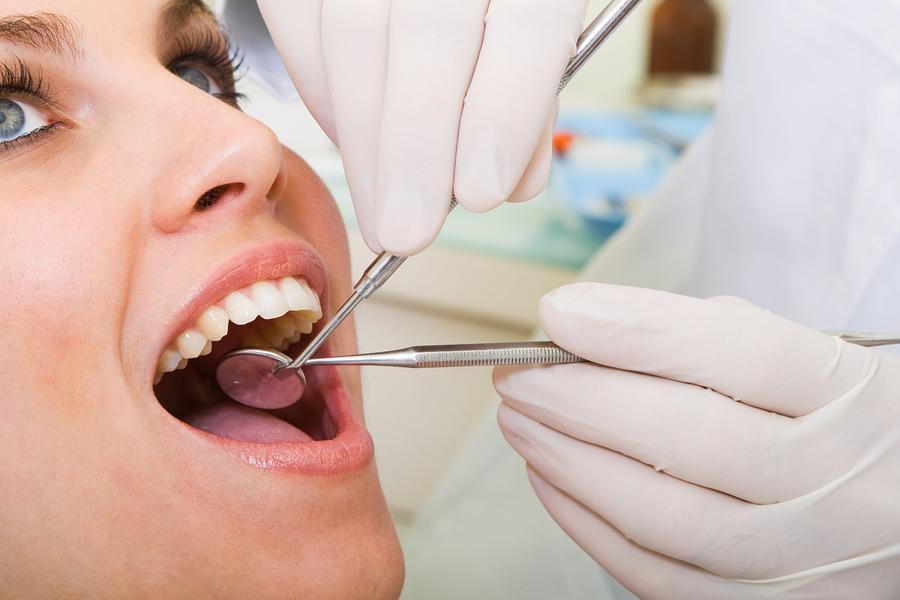An Overview to Common Oral Conditions That Require a Dental practitioner's Treatment
Toothaches, for instance, can be symptomatic of extreme problems such as dental caries, fractured teeth, or abscesses, each requiring certain treatments like dental fillings or root canals. Affected knowledge teeth and jaw problems can introduce substantial discomfort and difficulties.
Toothaches
Toothaches are an usual dental problem that can vary from moderate pain to serious discomfort, frequently indicating a hidden concern that calls for professional interest. This discomfort can come from a selection of sources, including dental tooth cavities, broken or fractured teeth, and dental abscesses. Each of these conditions positions substantial risks if left unattended, potentially leading to a lot more severe complications.
Oral tooth cavities, also recognized as cavities, are triggered by the buildup of plaque that deteriorates tooth enamel, leading to holes or pits in the influenced teeth. Abscesses are painful infections at the root of a tooth or between a tooth and the gum tissue, typically resulting from serious degeneration or without treatment cavities.
Reliable therapy of toothaches involves dealing with the origin. This may include fillings for cavities, crowns for broken teeth, or root canals and anti-biotics for abscesses. Early intervention by an oral professional can avoid more wear and tear and alleviate discomfort, guaranteeing optimal oral wellness.
Gum Disease

The primary reason for gum tissue condition is microbial plaque, a sticky, colorless movie that constantly forms on teeth. Poor dental health, cigarette smoking, hereditary tendency, and certain clinical problems, such as diabetic issues, can intensify the risk of establishing periodontal disease. Routine dental examinations are critical for early detection and management of this condition.
Therapy for periodontal condition ranges from expert oral cleansing and scaling to advanced treatments like root planing and gum surgical procedure, depending upon the intensity. Maintaining excellent oral hygiene practices, consisting of brushing two times daily, flossing, and using a disinfectant mouth wash, can dramatically reduce the danger of periodontal condition and advertise much healthier gum tissues.
Dental Caries
Dental caries, likewise known as cavities, are an usual oral condition defined by the destruction of tooth enamel as a result of acid-producing microorganisms in the mouth. These germs flourish on sugars and starches from food and drinks, generating acids that slowly deteriorate the enamel, resulting in dental caries formation.
Early-stage cavities may disappoint signs, yet as they advance, they can trigger tooth pain, level of sensitivity to hot or chilly, visible holes or pits in the teeth, and staining. If left unattended, cavities can permeate deeper layers of the tooth, possibly leading to extreme pain, infection, and even tooth loss.
Avoiding dental caries involves a mix of good oral hygiene methods and dietary habits. Regular brushing with fluoride toothpaste, flossing, and routine dental examinations are vital. Dentists may likewise suggest added safety nets, such as fluoride treatments and oral sealers, to secure teeth from decay.
Treatment for cavities relies on their intensity. imp source Small tooth cavities can be addressed with dental fillings, which recover the tooth's structure. If the degeneration has actually reached the tooth's pulp, much more sophisticated instances may require crowns or also origin canal treatment. Timely intervention by a dental professional is vital to stop problems and maintain total oral health.
Impacted Wisdom Teeth
Affected knowledge teeth are a prevalent oral problem that happens when the 3rd molars, typically described as knowledge teeth, stop working to fully emerge or align effectively within the mouth. This problem frequently results from inadequate room in the jaw or an irregular development angle of the teeth. Affected knowledge teeth can cause a range of complications, consisting of pain, damage, and infection to nearby teeth.
When knowledge teeth become affected, they are often partly erupted or remain completely under the periodontal line. This partial eruption can produce a pathway for microorganisms to go into the gum tissues, resulting in infections that materialize as swelling, discomfort, and even fever (dentists eugene). Additionally, influenced wisdom teeth can put in stress on neighboring teeth, potentially causing crowding or moving
A thorough oral evaluation, commonly involving X-rays, is vital for diagnosing impacted wisdom teeth. Normal oral check-ups are recommended to check visit the site the condition and preserve oral health.
Jaw Problems
Final Thought

Dental cavities, additionally recognized as caries, are triggered by the accumulation of plaque that erodes tooth enamel, leading to holes or pits in the influenced teeth. Abscesses are painful infections at the root of a tooth or between a tooth and the gum, generally resulting from serious degeneration or neglected dental caries.
Impacted knowledge teeth are a widespread oral problem that happens when the 3rd molars, commonly referred to as wisdom teeth, stop working to fully arise or align correctly within the mouth. Affected knowledge teeth can lead to a range of complications, including damage, discomfort, and infection to nearby teeth.
Additionally, impacted wisdom teeth can apply stress on surrounding teeth, possibly causing crowding or changing.